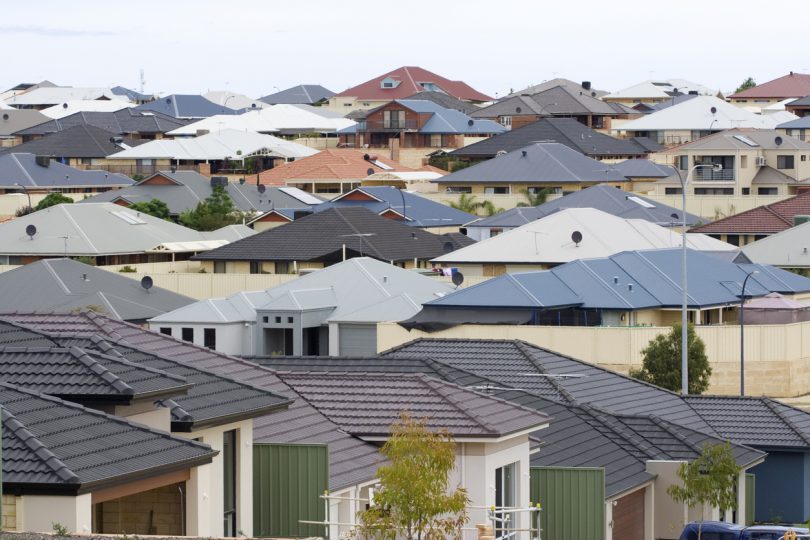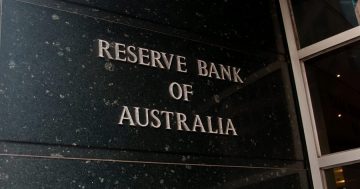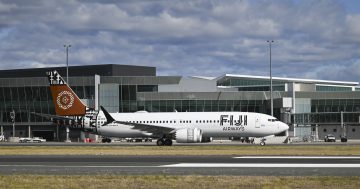
Nearly a third of Canberra households owe three or more times their disposable annual income, according to the latest data from the Australian Bureau of Statistics.
The ABS’s survey of Household Income and Wealth, Australia, 2015-16 shows 29 per cent of people in the ACT have debt three or more times their annual income, up from 18.7 per cent in 2003-04.
The data also shows there are 5.4 per cent of Canberra households with debt that is 75 per cent or more of their assets.
The proportion of indebted households in the ACT has increased by nearly 10 per cent since 2003-04, with 119,300 households in the red, up from 91,600 in 2003-4. This represents 80.7 per cent of all households, up from 71.1 per cent in 2003-4.
Of those with property debt, more than a half (56.4 per cent) are over-indebted, with 34,500 households struggling to meet their mortgage repayments.
Average weekly mortgage repayments in the ACT are second only to Sydney ($675 ) at $587 a week, with the average amount owed at $569,000. However, overall housing costs were below the national average ($305.85) at $295.46, with most other expenditures higher than the national average.
The ABS said rising property values, low interest rates and a growing appetite for larger debts had contributed to increased over-indebtedness, with the proportion of over-indebted households in Australia climbing to 29 per cent of all households with debt in 2015-16, up from 21 per cent in 2003-04.
ABS Chief Economist Bruce Hockman said national average household debt had risen to $169,000 in 2015-16, an increase of $75,000 on the 2003-04 average of $94,000.
“Around one-in-four households with debt – 27 per cent – had debt equal to three or more years’ worth of their disposable household income in 2015-16,” Mr Hockman said.
“A further two per cent of households held debt equal to three-quarters or more of the value of their households’ assets. Based on either of these comparisons, around three-in-ten of households with a debt (29 per cent) in Australia are considered to be ‘over-indebted’.”
Just under half of all households with a mortgage were over-indebted in 2015-16, with younger property owners in particular taking on greater debt. Three-in-five households (62 per cent) headed by a 25-34 year-old, and one-in-two (51 per cent) of 35-44 year-old households who held a property loan were over-indebted.
“Nearly half of our most wealthy households (47 per cent) who have a property debt are over-indebted, holding an average property debt of $924,000. This makes them particularly susceptible if market conditions or household economic circumstances change,” Mr Hockman said.
The ABS said Sydney and Melbourne had the highest actual number of property owners who were over-indebted, with over-indebted households with a property in Sydney owing an average of $765,000 – $269,000 more than the average property debt of their Melbourne counterparts.
Over half (55 per cent) of Perth property owners were over-indebted, and owed on average $574,000 per household in property debt. However, Darwin was the capital city with the highest rate of over-indebtedness among property owners at 69 per cent, with households owing on average $581,000 in total property debt.
The ACT still enjoys the highest average disposable incomes in the nation but in the five income bands or quintiles reported the lowest, showing an average weekly equivalised income of only $361, lower than the national average.
Are Canberrans’ debt levels unsustainable? Are you struggling to maintain your mortgage repayments?





















